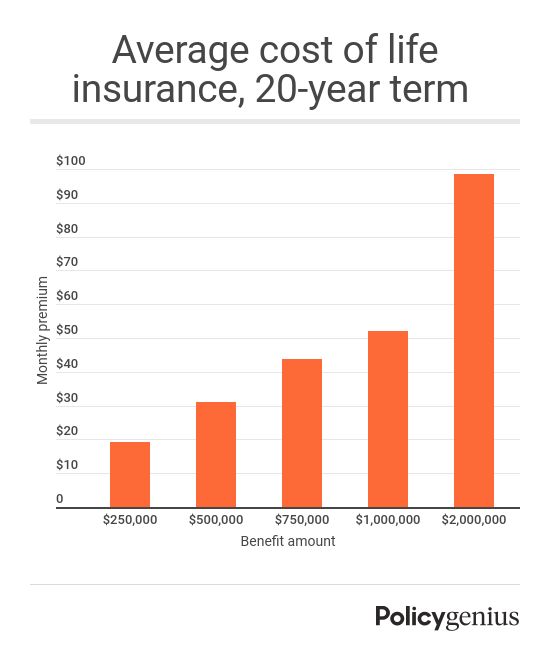Here's what you can expect to make at each level, presuming you are at among the leading investment banks (i. e. Goldman Sachs, Morgan Stanley, J.P. Morgan): Financial Investment Banking Experts are usually 21-24 years old with a Bachelor's degree from a leading university. Banks employ analysts right out of undergraduate programs.
The compensation is generally structured in the type of a signing benefit + base pay + year-end reward. Top experts work for 2-3 years and then get promoted to Partner. Investment Banking Associates are generally 25-30 years old. They're either promoted from Experts or MBAs worked with from organization schools. Associates are accountable for managing Analysts and inspecting Analysts' work.
Top carrying out Associates typically work for 3-4 years and then get promoted to Vice President. Investment Banking Vice Presidents are generally those who have prior investment banking Expert or Associate experiences. They're usually 28-35 years old. They are responsible for overseeing the work streams, analyzing what work is needed to be done and making sure they're done properly and on time by the Analysts and Associates. By and big, ending up being a bank branch supervisor or loan officer does not need an MBA (though a four-year degree is frequently a requirement). Also, the hours are regular, the travel is very little and the daily pressure is much less intense. In terms of attainability, these tasks score well. Wall Street employees can typically be classified into 3 groups - those who mostly work behind the scenes to keep the operation running (including compliance officers, IT experts, supervisors and the like), those who actively provide financial services on a commission basis and those who are paid on more of a wage plus perk structure.
Compliance officers and IT supervisors can quickly make anywhere from $54,000 into the low six figures, again, often without top-flight MBAs, but these are jobs that require years of experience. The hours are typically not as good as in the non-Wall Street economic sector and the pressure can be extreme (pity the poor IT expert if a crucial trading system http://jaspertkpb412.bearsfanteamshop.com/facts-about-how-to-make-money-online-with-finance-background-revealed decreases).
The smart Trick of How To Make A Lot Of Money With A Finance Degree That Nobody is Talking About
In a lot of cases there is an element of fact to the pitches that recruiters/hiring supervisors will make to prospects - the profits capacity is limited only by capability and determination to work. The biggest group of commission-earners on Wall Street is stock brokers. An excellent broker with a high-quality contact list at a solid company can quickly make over $100,000 a year (and sometimes into the millions of dollars), in a job where the broker practically decides the hours that he or she will work (how much money can finance degree make per hour).

But there's a catch. Although brokerages will frequently help brand-new brokers by providing starter accounts and contact lists, and paying them a salary at first, that income is deducted from commissions and there are no warranties of success. While those brokers who can integrate excellent marketing abilities with solid monetary advice can make remarkable amounts, brokers who can't do both (or either) might discover themselves out of work in a month or 2, or even required to repay the "income" that the brokerage advanced to them if they didn't make enough in commissions.
In this category are those ultra-earners who can bring house millions (and even billions) in the fattest of the great years. A typical style throughout these tasks is that the yearly bonus offers comprise a big (if not commanding) percentage of an overall year's settlement - how much money does a person in finance make at wells fargo. An annual wage of $50,000 to $100,000 (or more) is barely starvation earnings, however perks for sell-side analysts, sales reps and traders can go into the 7 figures.
When it comes down to it, sell-side junior experts typically make between $50,000 and $100,000 (and more at larger companies), while the senior analysts frequently routinely take home $200,000 or more. Buy-side experts tend to have less year-to-year irregularity. Traders and sales representatives can make more - closer to $200,000 - but their base incomes are often smaller sized, they can see significant yearly irregularity and they are amongst the very first staff members to be fired when times get tough or performance isn't up to snuff.
Personal Finance Reddit How To Make Money From Home Things To Know Before You Get This
Wall Street's highest-paid employees typically had to show themselves by getting into (and through) top-flight universities and MBA programs, and then showing themselves by working outrageous hours under demanding conditions. What's more, today's hero is tomorrow's no - fat incomes (and the jobs themselves) can vanish in a flash if the next year's performance is bad.

Finance jobs are a fantastic way to rake in the big dollars. That's the stereotype, at least. It Find out more holds true that there's money to be made in finance. But which positions actually make the most cash? In order to discover, LinkedIn offered Service Insider with information gathered through the site's wage tool, which asks validated members to submit their income and collects data on incomes.
C-suite titles were nixed from the search. how much money does a bachelors in finance make compared to a masters. LinkedIn determined typical base pay, as well as typical total incomes, which consisted of extra compensation like annual bonuses, sign-on benefits, stock choices, and commission. Unsurprisingly, the majority of the gigs that made it were senior roles. These 15 positions all make an average base wage of at least $100,000 a year.